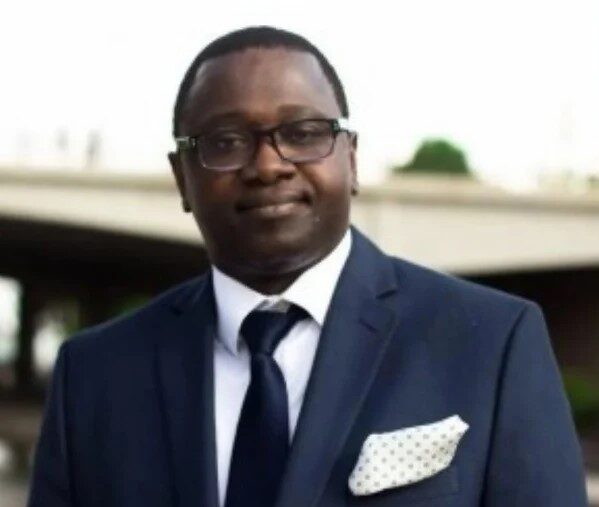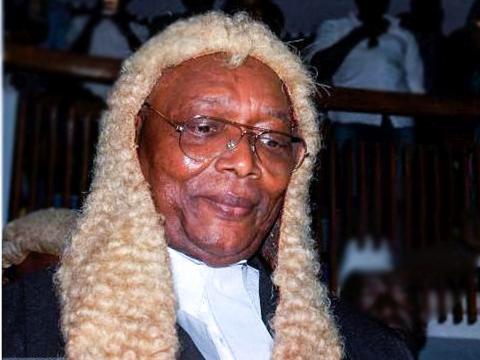By Osman Kargbo
A team of the International Monetary Fund (IMF) has stated that the foreign reserves of Sierra Leone “have fallen”, calling on the government to maintain debt sustainability and stabilize the economy.
The IMF team made this statement in a recent report IMF published on Monday 22 April this year.
The team said that even though the government had taken steps to stabilise exchange rate and cease running inflation, the country’s “foreign reserves have fallen”, debt sustainability is required and the financial needs of the government have gone “high”.
The IMF team came up with this latest development after authorities of the Bio administration had recent talks with them in Freetown from 8 to 12 April 2024 to request for loan to manage the affairs of state.
The last extended credit or loan facility of about US$172.1 million given to the Bio administration ended on 20 November 2023, after it was approved on 30 November 2018. And the country is now requesting for another loan or new arrangement under the Extended Credit Facility (ECF) of the IMF, which is a loan or fund usually given by the IMF in tranches over a long period of time – spreading over one to two or more years.
According to the IMF, the discussions on such a loan facility will continue in September. But for now they have been made to understand the government’s development objectives and the reforms needed to achieve a stable economy and to sustain the country’s debt payment.
At the end of the discussion on the new loan needed, the head of the IMF team that visited Sierra Leone from 8 to 12 April, Christian Saborowski, issued the following statement:
“The authorities substantially tightened macroeconomic policies in 2023 and into the first quarter of 2024. They are beginning to reap the fruits of the adjustment in the form of a stable exchange rate and declining inflation. Nonetheless, the remaining adjustment required to keep debt on a sustainable path is significant, financing needs are high, and foreign reserves have fallen.
“The authorities and the staff team reached agreement on most policies to underpin the requested arrangement under the ECF. They reached understandings on the authorities’ development objectives and reforms needed to achieve macroeconomic stability and maintain debt sustainability.
“Discussions will continue over the coming months, and the team plans to return to Freetown for a follow-up mission in early September to reach a staff-level agreement on the new arrangement under the ECF. Continued fiscal and monetary tightening, and preservation of reserves, will be critical in the meantime.
“We thank the authorities for their warm hospitality and the productive discussions.”










